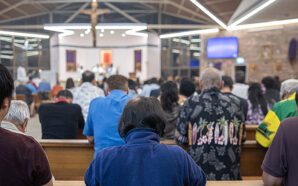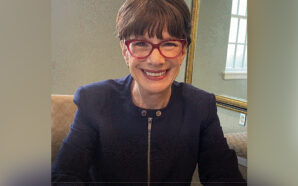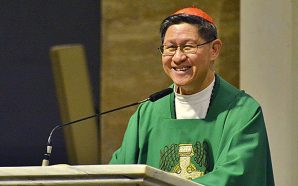In a recent public lecture, Cardinal Christophe Pierre, Apostolic Nuncio to the United States, cautioned against two problematic views of the Church. The first, “a Christianity configured as a political ideology, focused mostly on the definition of moral norms, and training ‘cultural warriors’ for the defence of orthodoxy,” which “does not correspond to the aspirations of the human heart.”
“Similarly, a spirituality that harbours moral laxity and projects an almost nonconfessional outlook fails to fulfil the thirst for the divine.”
Cardinal Pierre delivered a lecture entitled ‘Pope Francis: Discernment and the Dialect of Mercy’ as the 2024 Annual Cardinal Bernardin Lecture, hosted by the Hank Center for the Catholic Intellectual Heritage, part of Loyola University in Chicago, United States. This lecture, named after Joseph Bernardin, Cardinal Archbishop of Chicago from 1982 to 1996, for his influential work toward Church reform after the Second Vatican Council through his Catholic Common Ground Initiative.
Cardinal Pierre said this crisis precipitated by secularisation also can be seen as an opportune time, a kairos moment, in which the Church can recover a language of mercy that speaks to the weariness of the world.
“The deepest longing of the human heart is indeed to love and to show mercy,” he said. “Nothing else will truly satisfy.”
Pierre also connected this “incarnational” approach to a synodal one, in which those in the Church “listen without prejudice” and “encounter people by coming to their level.”
During the question-and-answer session, he elaborated on the importance of synodality, which is necessary for evangelisation in response to a “breakdown of transmission of the faith,” he said.
The goal of synodality is not to reinvent the Church, but to work together, he said, adding that the idea that all Catholics must think the same is a “false idea of what the Church is.”
“The Church is not unanimity; it’s communion,” he said. “Communion is being able to work together with our differences.”
With thanks to the Hank Center for the Catholic Intellectual Heritage.







